
 Olivia Møller
Freediver - Activist - Explorer
Olivia Møller
Freediver - Activist - Explorer

 Olivia Møller
Freediver - Activist - Explorer
Olivia Møller
Freediver - Activist - Explorer
As we stand at the cusp of an era marked by critical ecological awareness, ocean education has emerged as an essential tool in the quest to protect our planet’s blue heart. Covering over 70% of Earth’s surface, oceans are not just vast expanses of water; they are dynamic ecosystems supporting a staggering array of life forms and regulating climate in ways still being uncovered. Yet, these vital systems are increasingly under threat. Ocean education offers us a way to foster deep environmental awareness, prompting individuals and communities worldwide to take action. By understanding the ocean’s role in sustaining life, we can begin to address the challenges it faces, from pollution and overfishing to climate change.
Ocean education, or ocean literacy, involves not only teaching about marine life and ecosystems but also cultivating a sense of personal connection and responsibility toward the ocean. The concept of ocean literacy was formally outlined in the Ocean Literacy Framework, a set of guiding principles developed by scientists, educators, and policymakers to help individuals understand how the ocean influences them and, conversely, how they impact the ocean. These principles cover a wide range of topics, from the interdependence of ocean and human life to the finite nature of ocean resources.
A 2018 study from Frontiers in Marine Science highlighted that people who are more knowledgeable about the ocean tend to express stronger intentions to protect it. With research suggesting that even basic ocean literacy can influence behaviors, it’s clear that ocean education plays a vital role in building environmental consciousness.
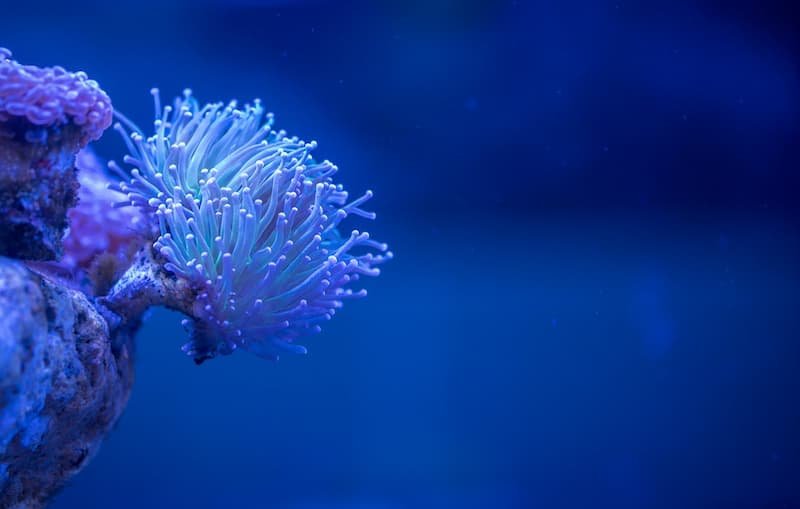
In classrooms, community centers, and outdoor learning environments around the world, ocean education initiatives are fostering a new generation of stewards of the sea. Take, for instance, the case of the Marine Education Program at Stanford’s Hopkins Marine Station in California. By blending scientific knowledge with hands-on activities, this program immerses young learners in marine ecosystems, allowing them to witness firsthand the impact of human activities on coastal and ocean environments. According to the program’s director, Dr. Julia Clarke, participants consistently report a stronger sense of responsibility toward the environment after completing the program, with 82% of students surveyed saying they are more inclined to take up sustainability practices.
In Kenya, The Watamu Marine Association has developed community-focused marine conservation education programs that involve local fishing communities and schools. These programs emphasize the critical connection between healthy reefs, fish stocks, and the livelihoods of coastal communities. A study by the organization found that these efforts significantly boosted local support for no-fishing zones and reef conservation projects, with one community collectively reducing their single-use plastic consumption by 50% after a single year of engagement.
Such successes underscore a powerful truth: education that connects people directly with the ocean tends to inspire deeper, more sustained change. Involving people of all ages, particularly those who depend on marine resources, helps them understand their role in preserving these systems.
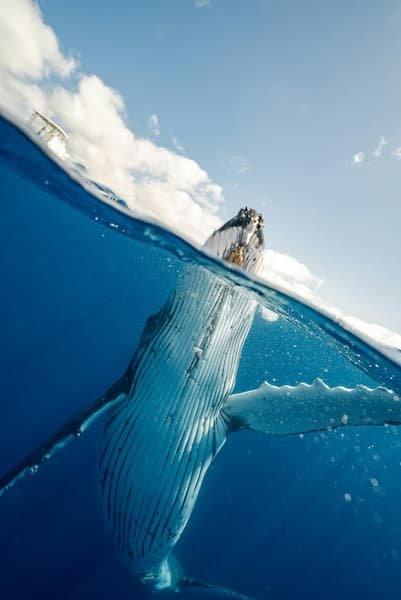
Despite these promising developments, ocean education remains alarmingly absent from many mainstream educational systems. A report by the United Nations Educational, Scientific and Cultural Organization (UNESCO) in 2020 noted that fewer than 10% of children globally receive any form of ocean education, with the subject often restricted to niche scientific courses at the high school or university level.
To address this, organizations like The Ocean Project are advocating for the integration of ocean literacy into national education standards. Their research suggests that early exposure to ocean education—starting in primary school—could help foster lifelong ecological awareness. For instance, students who learned about coral reefs in elementary school are not only more likely to retain that knowledge but are also more likely to grow up caring about the reefs' survival.
Efforts to make ocean education more accessible have also turned digital. Virtual platforms and online courses have democratized access to marine science, reaching individuals who may never experience the ocean directly. Ocean School, an initiative by the National Film Board of Canada, offers interactive, multimedia-rich online lessons that explore ocean science and conservation. Since its launch, Ocean School has reached over 200,000 students, with feedback indicating that 90% of participants feel more informed about marine issues and are interested in learning more about sustainability.
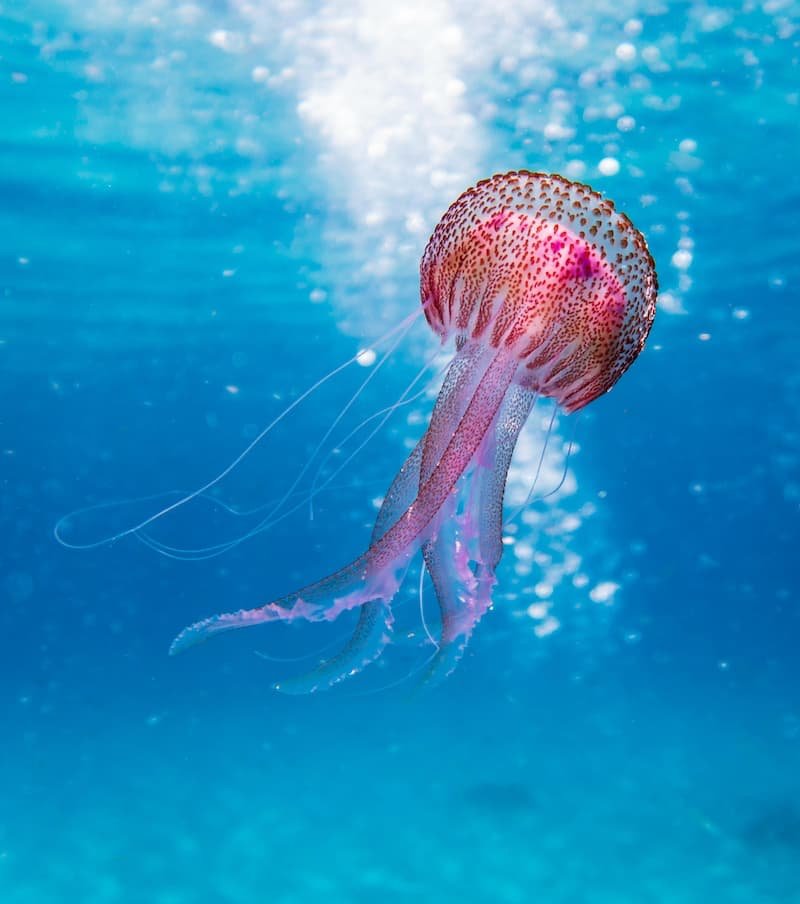
Rising ocean temperatures, acidification, and plastic pollution are no longer abstract issues; they are tangible threats affecting communities, economies, and ecosystems globally. Recent research from the Intergovernmental Panel on Climate Change (IPCC) reveals that our oceans are absorbing over 90% of the excess heat generated by greenhouse gases. This warming has far-reaching impacts on marine life, from coral bleaching and loss of fish populations to the migration of species to cooler waters, affecting the livelihoods of millions.
Ocean education helps bridge the gap between scientific knowledge and public understanding of these climate impacts. When people learn that the ocean plays a pivotal role in regulating climate by storing carbon and redistributing heat, they are better equipped to understand why protecting it is essential for combating climate change. A 2022 survey conducted by Pew Research Center found that 68% of respondents who had received some form of ocean education in school expressed greater support for climate policies aimed at protecting marine ecosystems, compared to 41% of those without such exposure.
Programs like Mission Blue, led by marine biologist Sylvia Earle, emphasize the ocean’s role in climate stability, advocating for the creation of protected marine areas, or "Hope Spots." As part of their outreach, they engage students and communities in data collection and citizen science, encouraging them to observe climate-related changes in local waters. By linking ocean conservation with climate action, these programs foster a more holistic environmental consciousness.
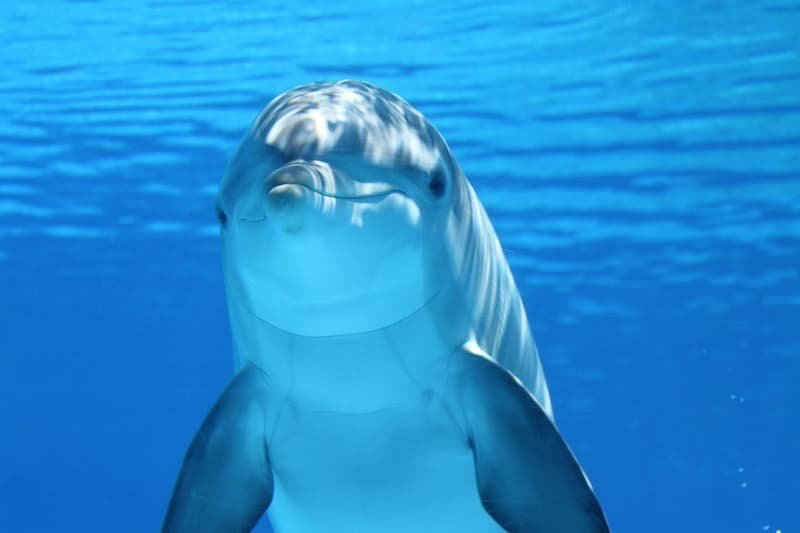
While data and facts about the ocean's importance are vital, they alone may not suffice to ignite genuine commitment to conservation. A personal connection with the ocean often plays a powerful role in driving meaningful action. People who dive, snorkel, or simply spend time near the coast often develop a love for the sea that motivates them to protect it.
Organizations like Project AWARE have recognized this connection and incorporate ocean education directly into recreational diving experiences. Their Dive Against Debris program encourages divers to collect and document ocean trash, turning a recreational activity into an educational and conservation-focused mission. Project AWARE's latest report shows that since 2011, over 1.5 million pieces of debris have been removed from the ocean through these volunteer efforts, all while participants learn about the pervasive problem of marine pollution.
This participatory approach is proving effective for all age groups. A study published in the Journal of Environmental Education found that experiential learning, where students engage in activities directly linked to environmental issues, results in a 34% increase in positive environmental attitudes compared to traditional classroom learning alone. When people actively engage with the ocean and see its fragility firsthand, they are more likely to make lifestyle changes that benefit the environment.
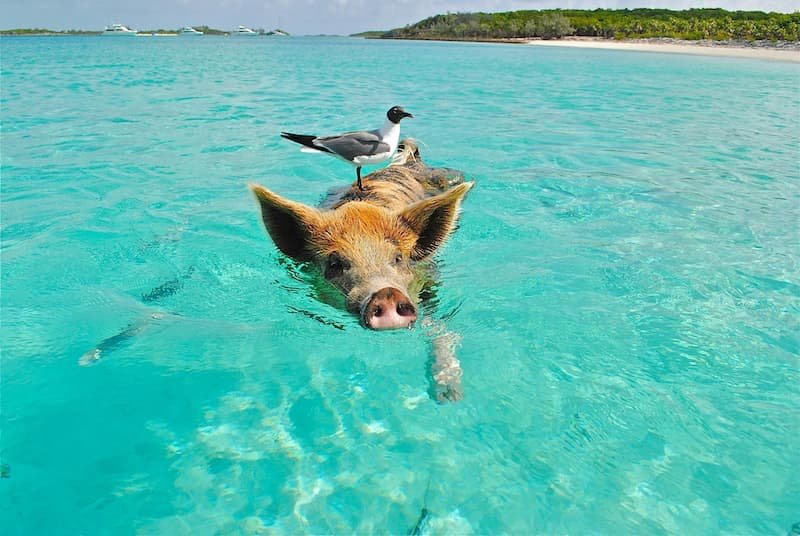
Alchemy’s commitment to ocean education is reflected both in its on-the-ground initiatives and online presence, creating a multifaceted approach to spreading awareness and inspiring action. As a brand rooted in the diving community, Alchemy recognizes the power of education in preserving marine ecosystems and fostering sustainable diving practices. Here’s how Alchemy’s efforts make a tangible difference.
On-the-Ground Initiatives: Alchemy collaborates with diving schools, environmental organizations, and conservation groups that include ocean education in their curriculum, bringing educational workshops and hands-on experiences to diverse regions. These programs address key topics like ocean ecology, sustainable diving practices, and the role of divers in marine conservation. By partnering with local diving communities, Alchemy helps facilitate skill-building sessions focused on safe diving techniques, sustainable spearfishing, and responsible interactions with marine life.
Online Education: Alchemy extends its reach beyond the shorelines through a rich array of online educational content designed for divers worldwide. The brand’s blog, podcast, and social media channels are valuable platforms for sharing insights on ocean conservation, responsible diving practices, and the latest scientific discoveries affecting marine life. These channels highlight pressing issues, from the impacts of climate change on coral reefs to the importance of reducing plastic use in diving activities.
Alchemy’s podcast, in particular, provides an authentic look into the lives of expert freedivers who share their personal stories, environmental concerns, and practical advice for preserving the underwater world. Through candid interviews, listeners gain a deeper understanding of the challenges and joys of ocean conservation, motivating them to adopt sustainable habits in their own diving journeys.
Additionally, Alchemy’s educational blog content and videos present complex environmental topics in an accessible way, allowing both seasoned divers and newcomers to stay informed. These online resources are crafted with the goal of not just raising awareness but inspiring immediate action—encouraging divers to make mindful choices, support marine conservation policies, and get involved in local ocean cleanup projects.
By combining these on-the-ground and online efforts, Alchemy strives to foster a community of divers who are not only skilled but also deeply conscious of their role in protecting our oceans. Through education, Alchemy reinforces its belief that every diver has the power to make a positive impact, ensuring that the beauty and biodiversity of marine ecosystems remain for future generations.

For those who may never have the opportunity to visit the ocean or participate in hands-on marine conservation, there are still ways to promote ocean education and awareness:
1. Incorporate Ocean-Friendly Practices: Encourage the use of sustainable products, such as biodegradable sunscreens, reusable bags, and eco-friendly fishing gear, in everyday life.
2. Support Marine Conservation Organizations: Groups like SeaLegacy and The Marine Conservation Society offer resources, campaigns, and volunteer opportunities for people worldwide to participate in ocean conservation.
3. Promote Policy Changes: Support policies that promote sustainable fishing, reduce plastic waste, and create marine protected areas. Staying informed about relevant legislation is crucial in making an impact at the community and global level.
4. Leverage Digital Learning: Online platforms offer courses, virtual dives, and live ocean feeds that allow people to learn about marine environments remotely. Apps like Seek by iNaturalist help users learn more about marine species and ecosystems, fostering a deeper understanding of local and global biodiversity.
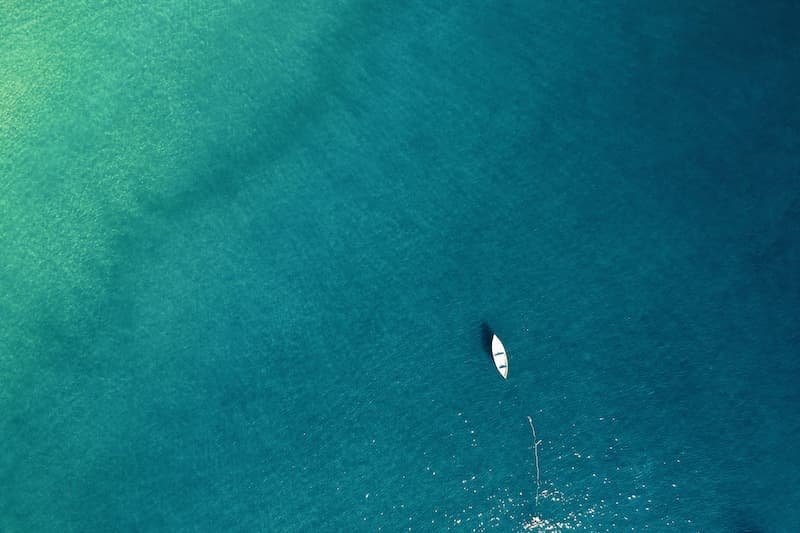
To meet the challenges facing our oceans, ocean education must become as foundational as reading or mathematics. The benefits are clear: individuals informed about ocean issues are more likely to support conservation efforts, adopt sustainable practices, and advocate for policies that protect marine ecosystems.
As environmental pressures mount, so does the need for immediate action. Ocean education is an investment in a sustainable future, one that can help shift the narrative from damage control to proactive preservation. Young people, the future stewards of our planet, deserve the opportunity to learn about the role oceans play in maintaining life on Earth and what they can do to protect them.
By integrating ocean education into schools, expanding it through digital platforms, and connecting it to everyday life, we can inspire a global movement toward ocean preservation. The task is immense, but the rewards are worth every effort, for in the words of the renowned oceanographer Jacques Cousteau, “People protect what they love.” Through ocean education, we can foster that love, building a future where oceans—and the planet as a whole—can thrive.
The role of ocean education in raising environmental awareness cannot be overstated. From teaching young children about marine ecosystems to offering digital tools that bring ocean experiences to landlocked areas, it is a powerful way to foster responsibility for our blue planet. The journey ahead is challenging, but as more people connect with and understand the ocean, we move closer to a world where sustainable practices and policies are the norm, protecting the irreplaceable beauty and life of our oceans for generations to come.